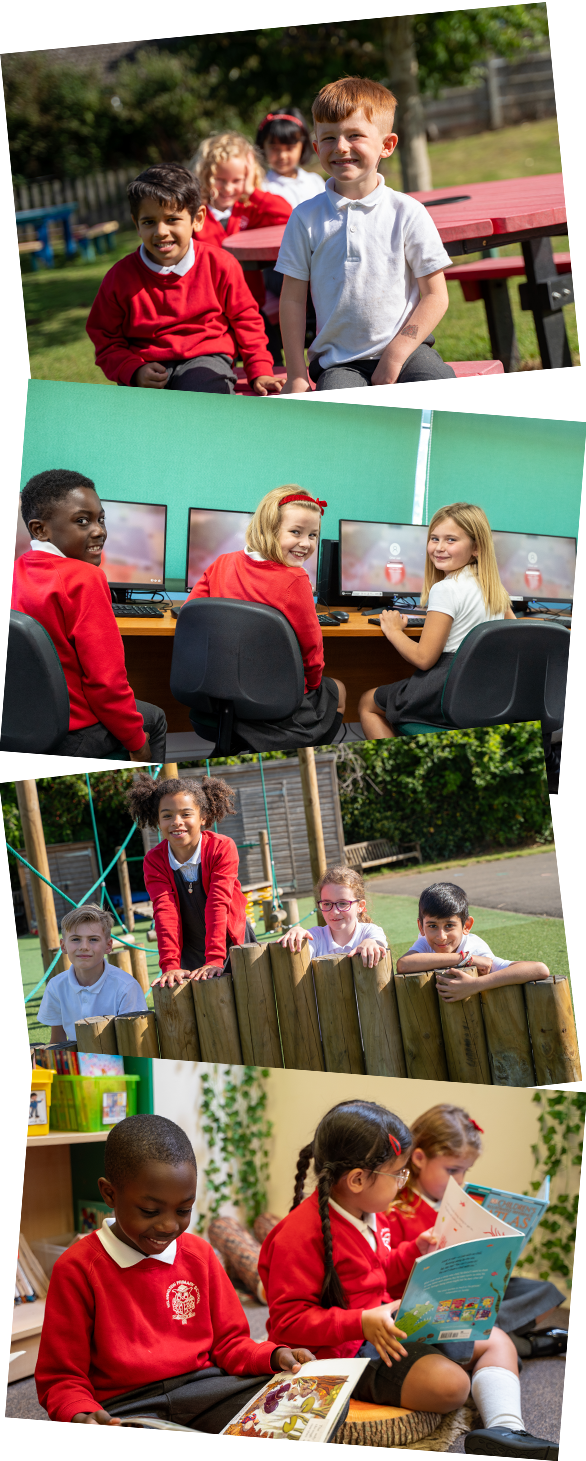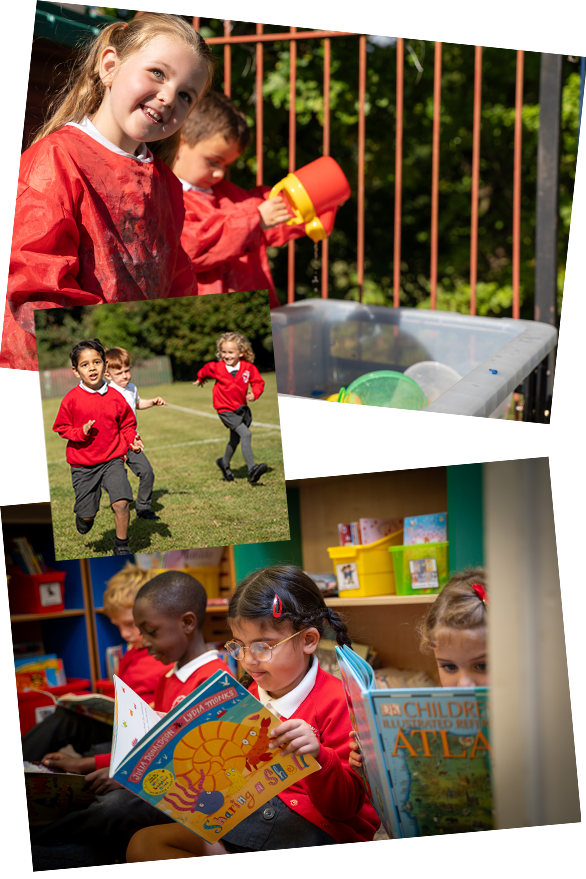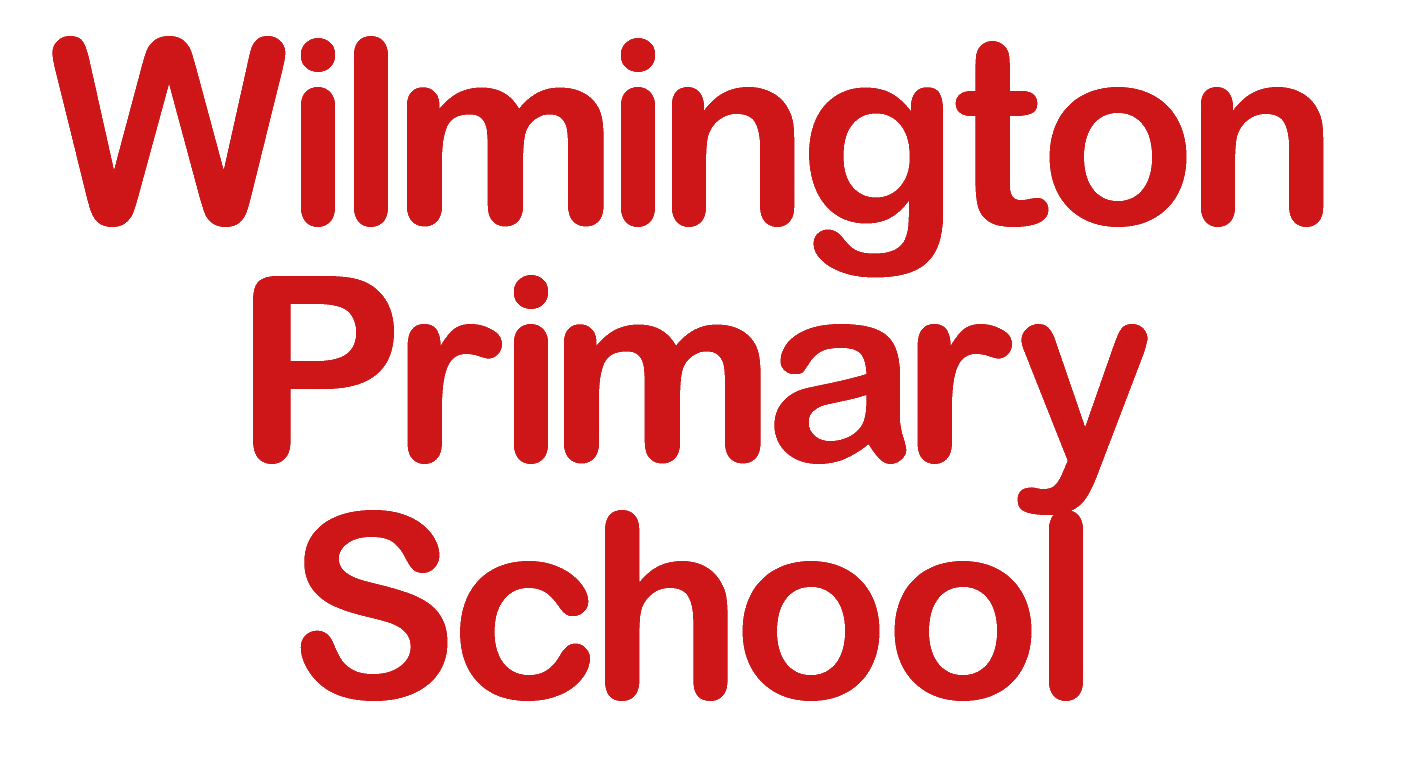Core Curriculum
At Wilmington Primary School we provide a curriculum that is active, enriching, enjoyable and of good quality. This curriculum prepares children for the opportunities and challenges of their future. Our curriculum allows children to engage in lessons which are challenging, investigative and informative, focussing on children’s own personal learning goals, regardless of their age, gender, individual circumstances or academic ability.
We value the children of Wilmington Primary School as individuals and will equip them with the skills, attributes, and dispositions they need to become well-rounded individuals and life-long learners, whilst instilling the love of learning. Our school values of resilience, self-belief, compassion, teamwork and positivity are promoted through the curriculum.
Through exciting, dynamic and enquiry based learning our children learn to think independently, take responsibility for their learning, and are able to demonstrate the ability to plan and show initiative; persevere and have a commitment to self-improvement. We challenge children to reach their potential, whatever that is.
The children of Wilmington Primary School are prepared for life in modern Britain with its diversity of backgrounds, values, ideas and beliefs. Learning about working together in teams, taking individual responsibilities, being trusted, being reflective and evaluative is as important to us as learning facts and acquiring knowledge. Our curriculum promotes this. The teaching of each subject, across year groups, is sequential and builds on prior learning of content, as well as skills.
Our Curriculum aims to:
● Promote and sustain a thirst for knowledge and a love of learning
● Create a sense of wonder in its pupils
● Promote inclusion, diversity and community cohesion
● Encourage children to work independently and cooperatively, showing resilience when they are challenged
● Ensure that children are taught to become enterprising
● Develop emotional intelligence through teamwork and promote compassion
● Help to make children socially responsible
● Contribute very well to pupils’ social, moral, spiritual and cultural development
● Ensure that all pupils realise their potential
● Ensure that all children are taught the essential knowledge in the subject disciplines
● Teach using technology
● Give children the opportunity to be taught more diverse subjects such as Japanese
● Allow all children to develop a love of music
● Enrich the children’s experiences with visitors and trips including the opportunity to have a number of sessions in the school’s Forest School
● Promote children’s physical development through sport
Implementation
Our curriculum incorporates the statutory requirements of the National Curriculum 2014 and other experiences and opportunities, which best meet the learning and developmental needs of the children in our school. We aim for the curriculum to provide children with memorable experiences, in addition to diverse and rich opportunities from which children can learn and develop a range of transferable skills.

Core subjects
We teach Mathematics using the White Rose Scheme through a CPA approach, which enables children to have a good grasp of the maths they are learning. Each year groups Medium Term Plans build on the prior learning from the year before and the MTPs is organised into units. Pupils are given opportunities to link the ideas developed to enable them to solve more difficult reasoning problems. They apply their mathematical knowledge to science and other subjects. The expectation is that the majority of pupils will move through the units at broadly the same pace. However, decisions about when to progress are always based on the security of pupils’ understanding and their readiness to progress to the next stage. Pupils who grasp concepts rapidly are challenged through being offered rich and open-ended problems rather than being introduced to new content. Those who are not sufficiently fluent with earlier material consolidate their understanding through additional practice, through live interventions where appropriate, before moving on.
Our English curriculum is derived around the use of high quality age-appropriate texts, whether these be books or shorter pieces. We use each text to create opportunities to develop reading, fluency and comprehension with a focus on key reading strategies and skills as well as for writing opportunities. We develop grammar and punctuation knowledge and understanding – using and applying these skills across the wider curriculum.
We explore the writing structure and features of different genres, identifying the purpose and intended audience. Pupils plan and write a piece of writing with a clear context and purpose before evaluating the effectiveness of writing by editing and redrafting.
Science is taught in planned and arranged topic blocks and where possible is practical in nature. This ensures that all children are able to access challenging learning.
Through our planning, we involve problem-solving opportunities that allow children to find out for themselves. Children are encouraged to ask their own questions and are given opportunities to use their scientific skills and research to discover the answers. This curiosity is celebrated within the classroom. Planning involves teachers creating engaging lessons, often involving high-quality resources to aid understanding of conceptual knowledge. Teachers use precise questioning in class to test conceptual knowledge and skills, and assess children regularly to identify those children with gaps in learning, so that all children keep up.
We build upon the learning and skill development of previous years. As the children’s scientific knowledge and understanding increases, and they become more proficient in selecting and using scientific equipment, collating and interpreting results, they become increasingly confident in their growing ability to come to conclusions based on real evidence.
Relationships and Sex Education is taught across the whole school (as part of our Science/PSHE curriculum) with a positive, respectful view of relationships, gender and human anatomy. It is taught with medically accurate language and information, so that pupils can learn about people and relationships, their bodies, reproduction and health in ways that are appropriate to their age and maturity.
At Wilmington Primary School, we recognise the contribution of Sport /PE to the health and well-being of the children. We believe that an innovative, varied PE curriculum and extra-curricular opportunities have a positive influence on the concentration, attitude and academic achievement of all our children.
We run a variety of clubs throughout the year, covering a wide range of sports to cater for all children in our school. In the summer the whole school takes part in a Sports Day, which gives the opportunity for children to experience a wide range of fun skill based activities.
We take part in numerous local festivals and Inter-School competitions such as: netball, football, tennis and athletics. As well as these, we are constantly searching for new sporting activities to engage and stimulate the children.
Our Primary School Sport Funding will enable us to continue and extend our provision through continued participation in competitive sports competitions, training our staff to deliver in-house quality PE sessions, enabling all children to visit our Forest School and developing the role of play leaders.
Computing skills are embedded in fun and interesting ways. Children apply IT skills in creative ways to inform learning across the whole curriculum; this engagement in creative aspects of their curriculum helps all children to make progress. Ensuring that all children become Digitally Literate. Children understand how Technology has an impact on the real world and how to stay safe online. Regular Online Safety lessons alongside an Online Safety Policy helps pupils, parents and carers understand both possible online dangers and a range of appropriate and necessary safety measures to action.


Foundation Subjects
A blocked approach is implemented for practical subjects such as art and DT, where it is better to focus for whole days/ a week of afternoons, with the practical tools and materials readily available. This approach fosters each child’s curiosity and interest throughout each topic and also enables the achievement of depth in knowledge and skills. Teachers explore the relevant links and skills from other subjects with pupils, thus developing meaningful links across the curriculum and life skills. Opportunities for child voice are planned at the beginning of each new topic and this is used to inform the learning for each topic to ensure relevance.
Our feedback policy promotes the opportunity for children to reflect on their learning and think deeply about their work, its successes and identify any areas for improvement.
The school takes pride in providing a highly inclusive environment, where learners demonstrate high levels of enjoyment in their education and most make very good progress in most subjects and areas of learning. Children at all levels are helped to achieve their potential. Those who are most able are challenged and supported through being offered tasks which provide opportunities for greater depth. Less able pupils are actively encouraged and given targeted support to embed skills and develop at their own pace, or simply to learn in a style that best suits their individual needs.
Music and performance is valued in the school and the school deploys specialist independent music teachers for pupils to have individual lessons if parents wish them to do so. We also work closely with Kent Music School to provide music lessons. The school also employs its own music teacher who runs whole-school music events as well as teaching children from Reception to Year 6. Across the school children are taught a number of musical instruments within their whole class lessons. This allows them to explore different percussion, keyboard and wind instruments, fostering a life-long interest in music and performance.
A varied timetable for extra-curricular activities is offered by the school, with clubs that support the curriculum, as well as those which develop specialist skills in different sports, whilst also extending the range of children’s experiences. A primary focus of our curriculum is to raise aspirations, engender a sense of personal pride in achievement, and provide a purpose and relevance for learning.
Subject leaders play an important part in the success of the curriculum by leading a regular programme of monitoring, evaluation and review and the celebration of good practice contributes to the ongoing commitment to evolve and improve further. When the curriculum was redeveloped, the whole staff were involved.
If you wish your child to be removed from all, or part, of R.E. you have that right. Please speak to your child’s class teacher, in the first instance.
Curriculum Impact
The community spirit is a real strength of Wilmington Primary School. The curriculum builds on this strength by promoting the school values of resilience, teamwork, self-belief, compassion and positivity. This ensures that our children are ready to move onto the next stage in their education with eager anticipation. The curriculum design, in addition, ensures that the needs of individual and small groups of children can be met within the environment of high quality first wave teaching, supported by targeted, proven interventions where appropriate. In this way, it can be seen to impact in a very positive way on children’s outcomes. Many of the interventions are used to catch the children up following lessons and, therefore, it is easy to see the transfer of skills intervention to class.
High quality visits and visitors to the school enhance the curriculum and provide opportunities for writing for a purpose. These also give children ‘memorable’ experiences’ which they can remember their whole life.
Our pupils demonstrate the impact of our curriculum through their behaviour for learning; children are confident and successful learners. Our pupils feel motivated and are not afraid of ‘having a go’. They enjoy sharing their learning with each other and visitors. Visitors comment on the outstanding behaviour for learning which the children demonstrate. The children across the school are also caring and supportive of each other.
EYFS
We use a play-based interactive approach to deliver the Early Years Curriculum which focusses on the key areas of learning. Our children have a well-equipped classroom and access to outside areas in which to learn and explore. Children choose from a range of activities throughout the sessions and also engage in child-initiated sessions. Children also engage in additional reading, phonics, writing and maths in small, adult-led groups or with whole class teaching.
Phonics
Children are taught pure sounds during phonics lessons. Daily phonics teaching is delivered through the Supersonic Phonic Friends programme. This high quality phonics programme, with a multisensory approach, helps children to understand the relationship between reading and spelling from an early age. In Key Stage 2 children continue to build on this knowledge through discrete and contextualised learning, which considers word roots and specific letter strings. We transfer the skills they learn in phonics to their reading and writing.
For more information on the curriculum, please contact us via the school office.
Title
File | Size | Type | Last Modified | Download |
|---|
Online Safety
The world we live in is changing rapidly and technological advancements are at the heart of this. We know that the use of the internet, mobile phones and online Apps and games are rapidly becoming the norm and children have access to these from a young age. At Wilmington, we believe in equipping the children with the skills to use technology safely to ensure that they are digitally responsible.
At our school online safety is taught as part of our curriculum.We have dedicated lessons and assemblies to promote responsible internet use, as well as talking to the children about ensuring their use of technology is safe.
We have included links to support both children and parents with online – safety concerns. Any concerns do please speak to the safeguarding leader.
Mrs. Scott.

Clubs & Enrichment
Mrs. Birch currently runs clubs on Monday, Tuesday and Wednesday. There are also football clubs that run each week, in addition to one-to-one music lessons and teacher run clubs. Please email or call the school office for any more information.



